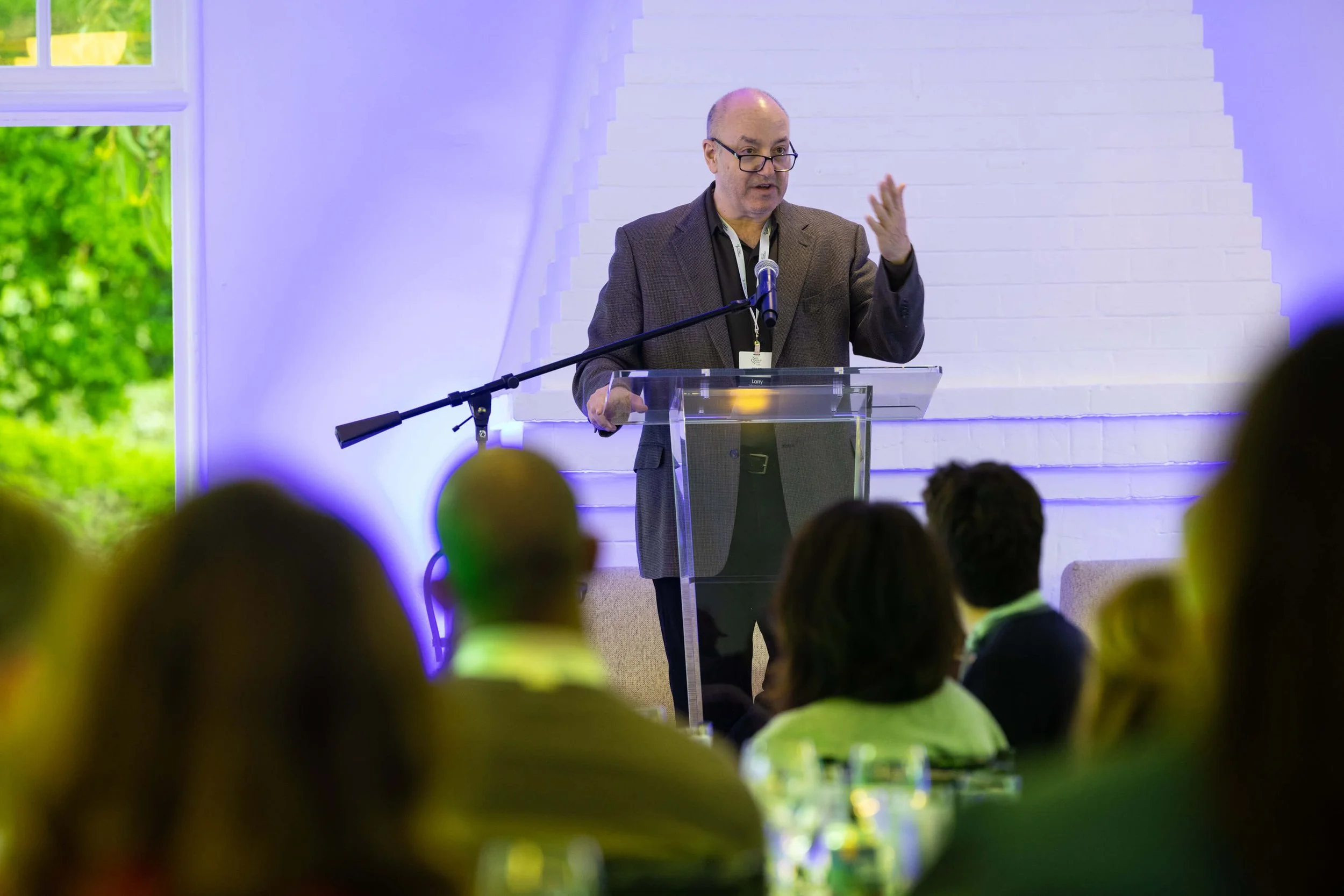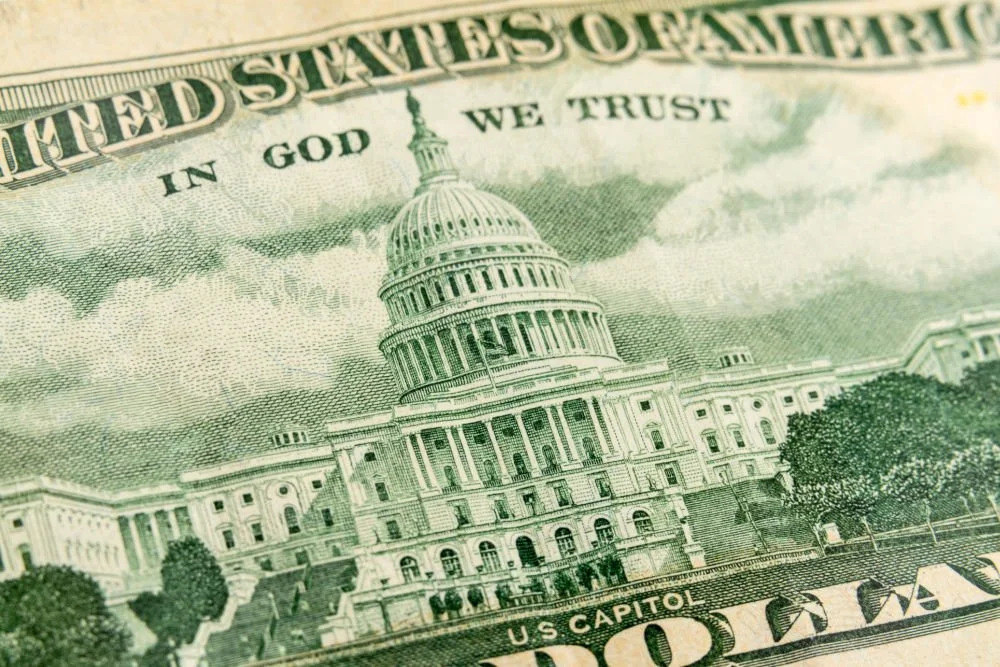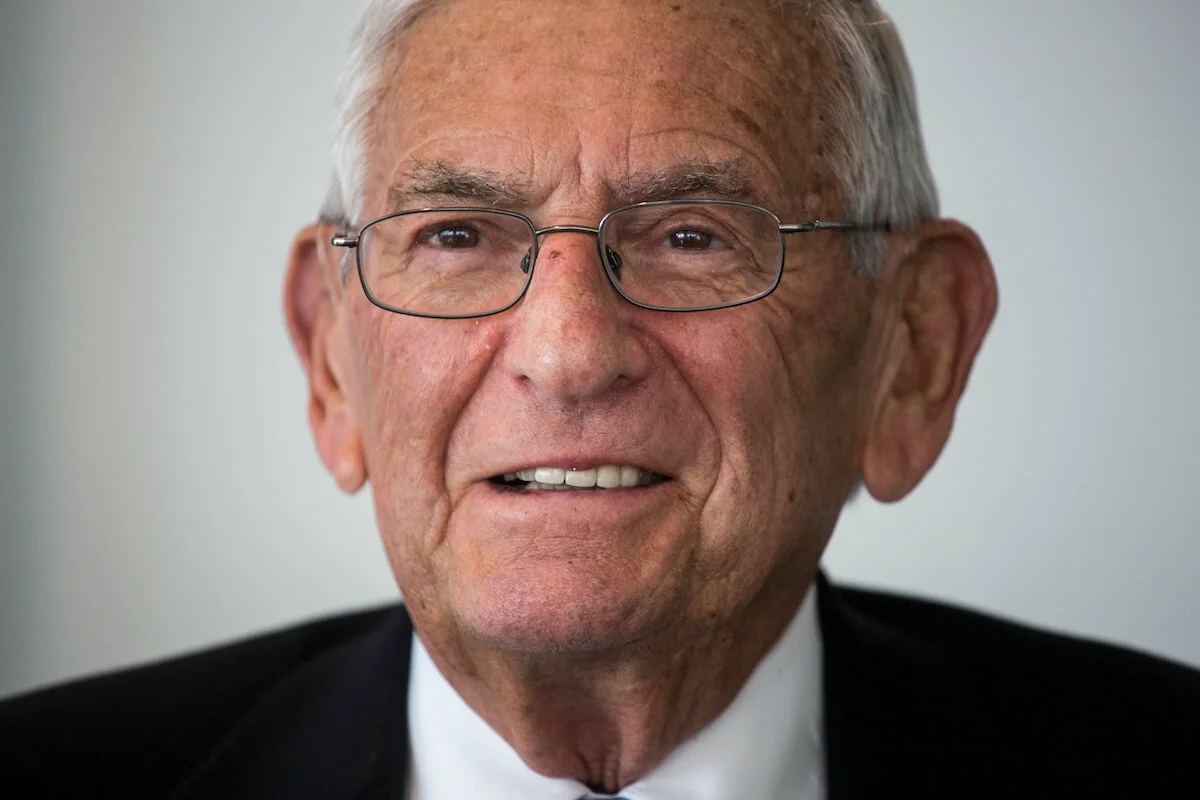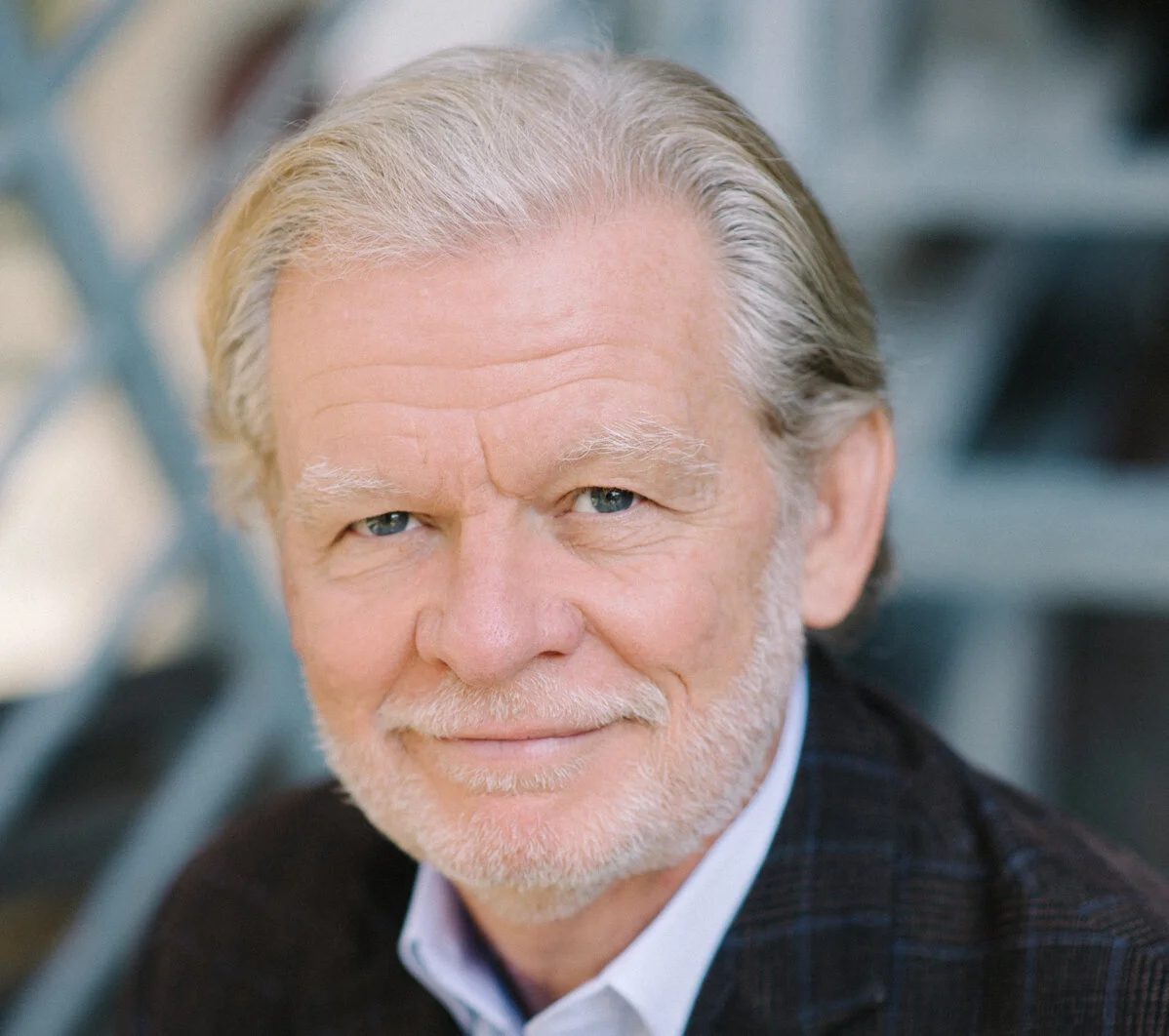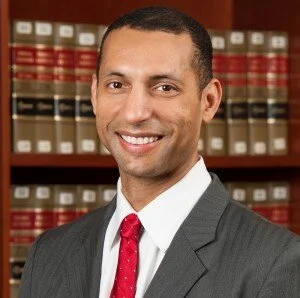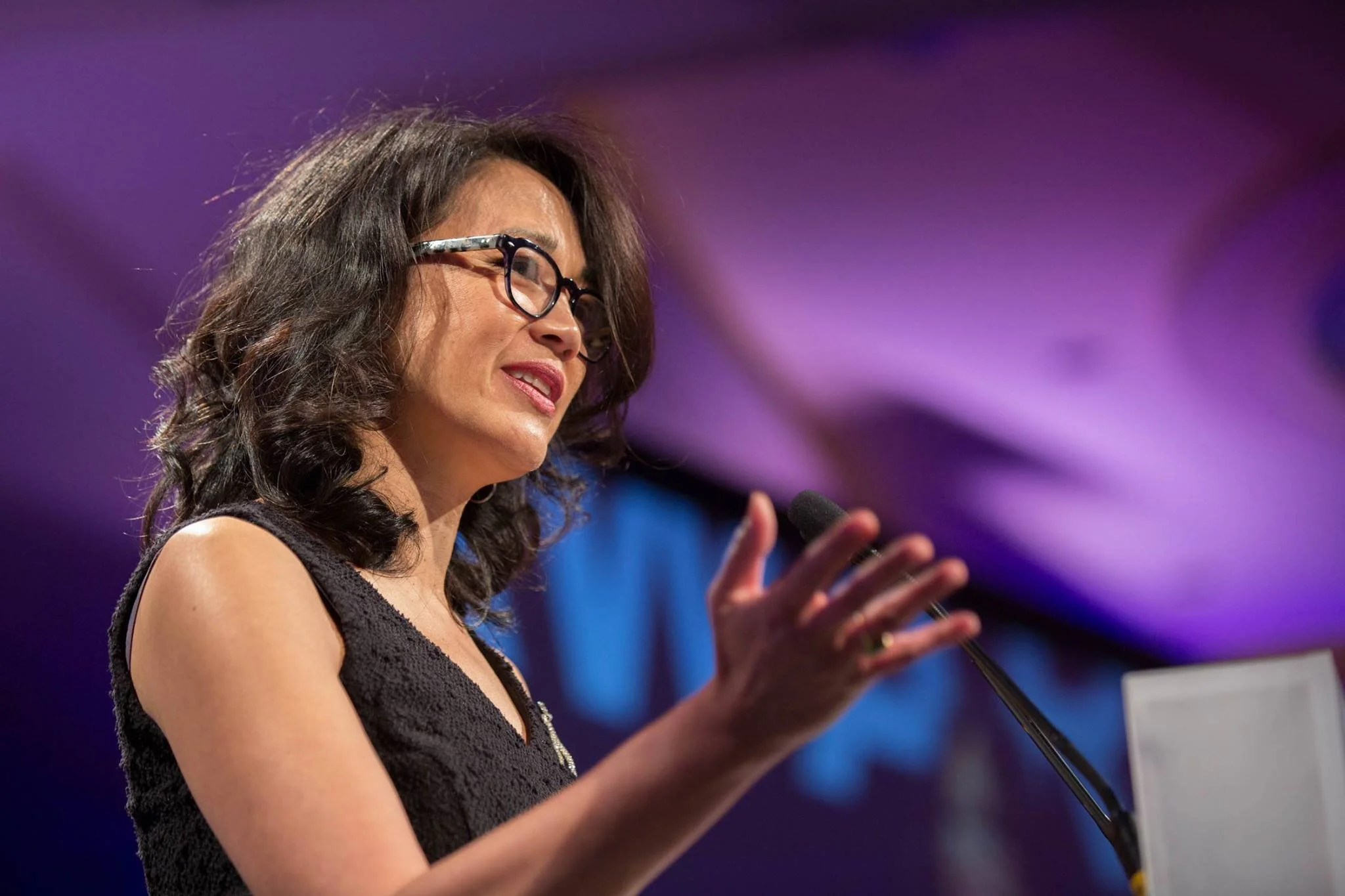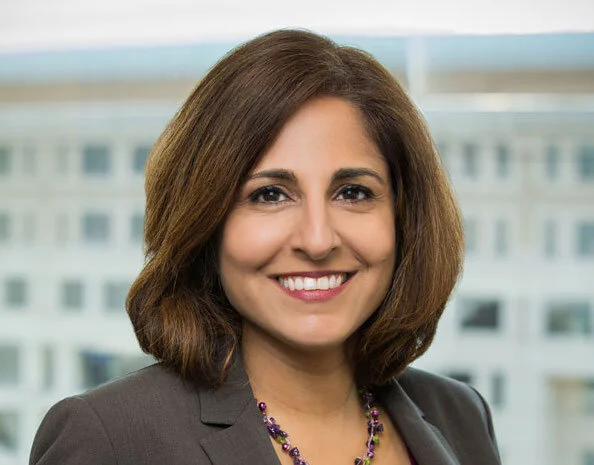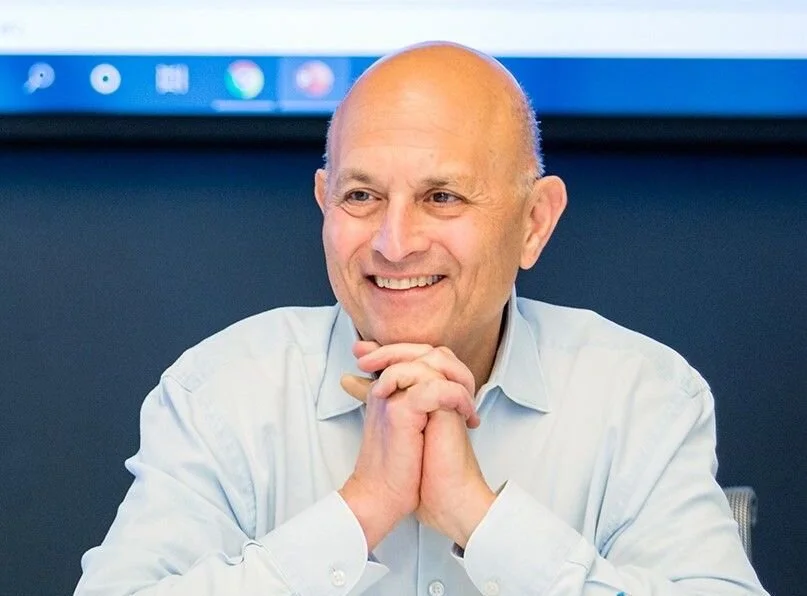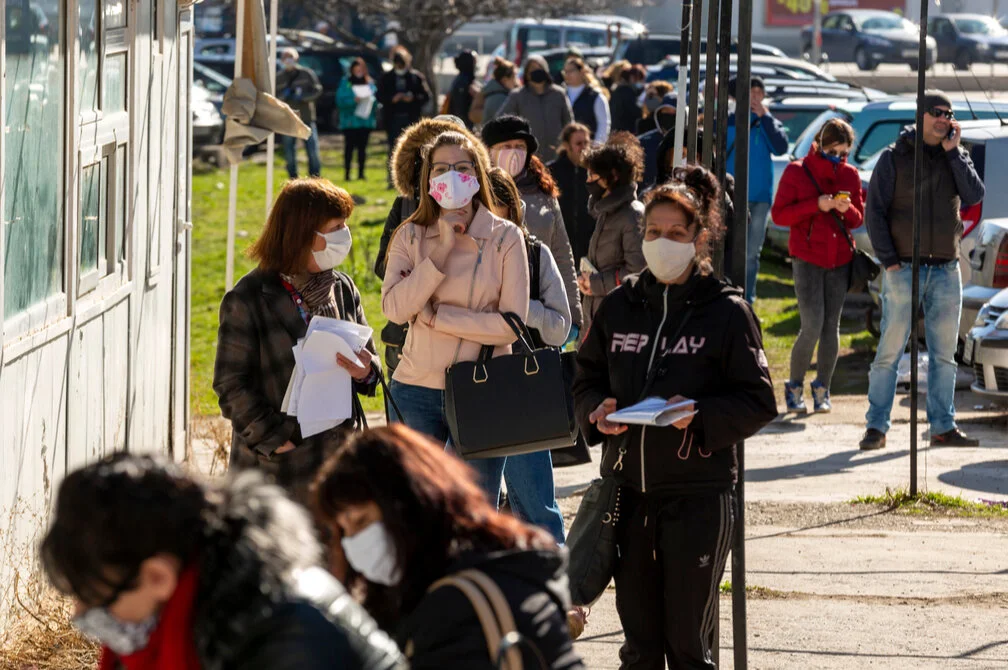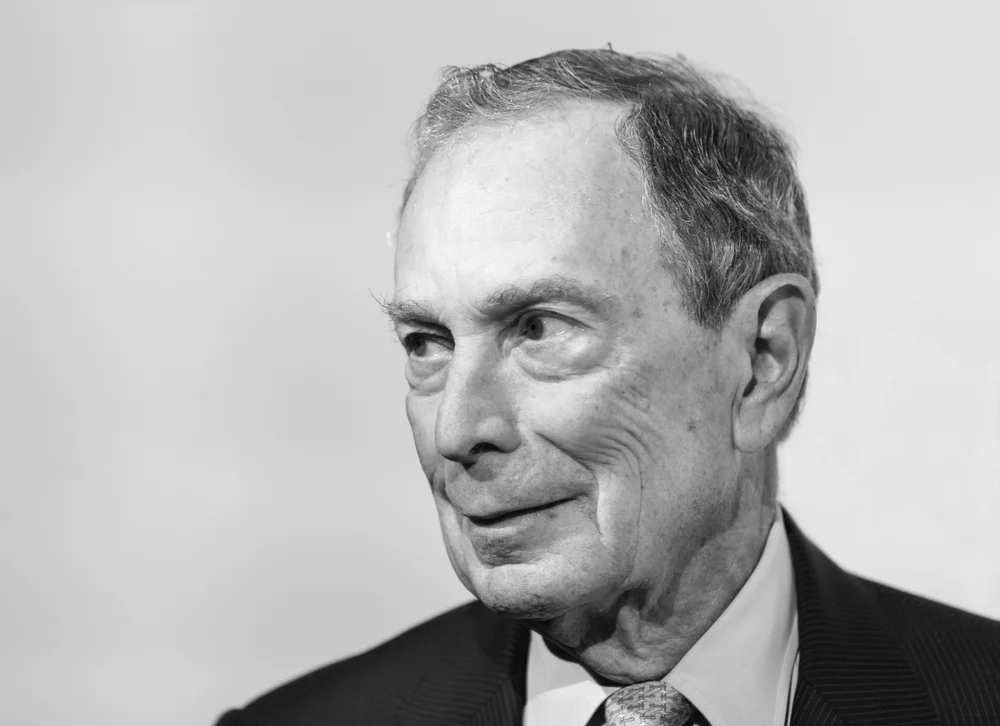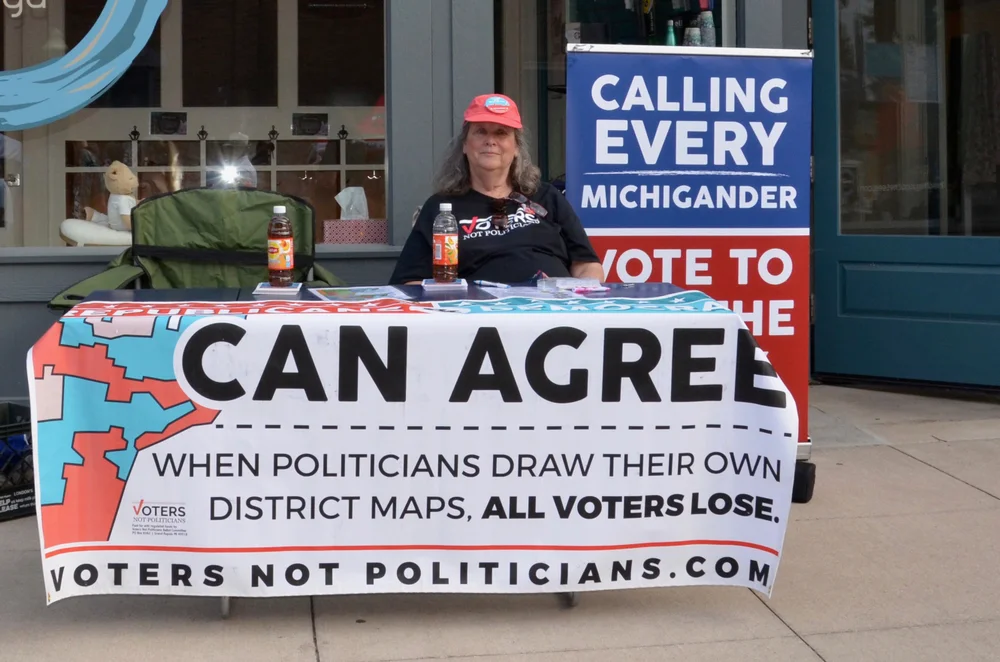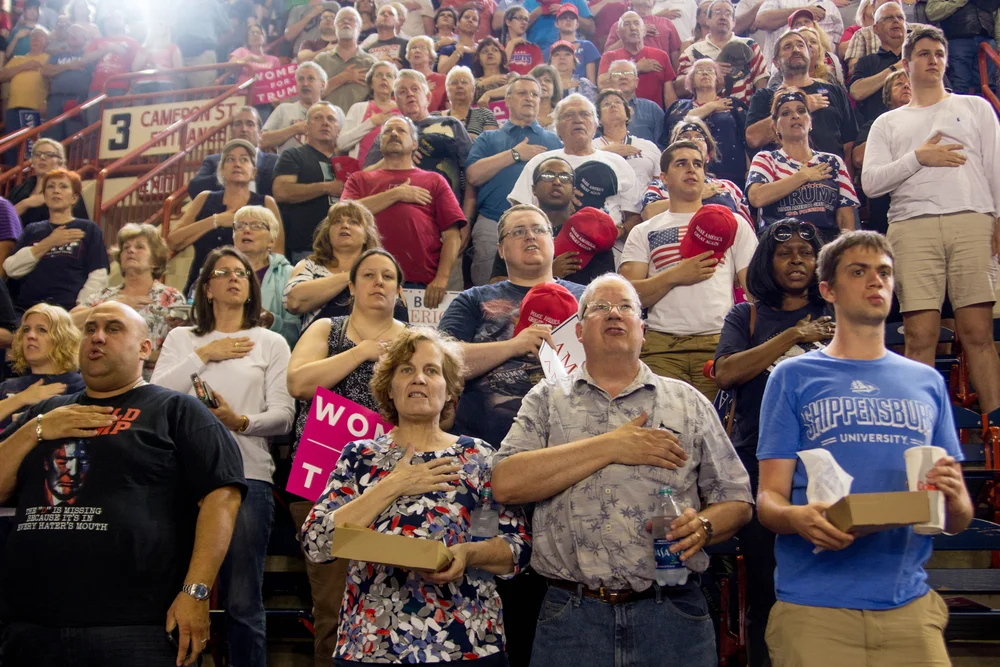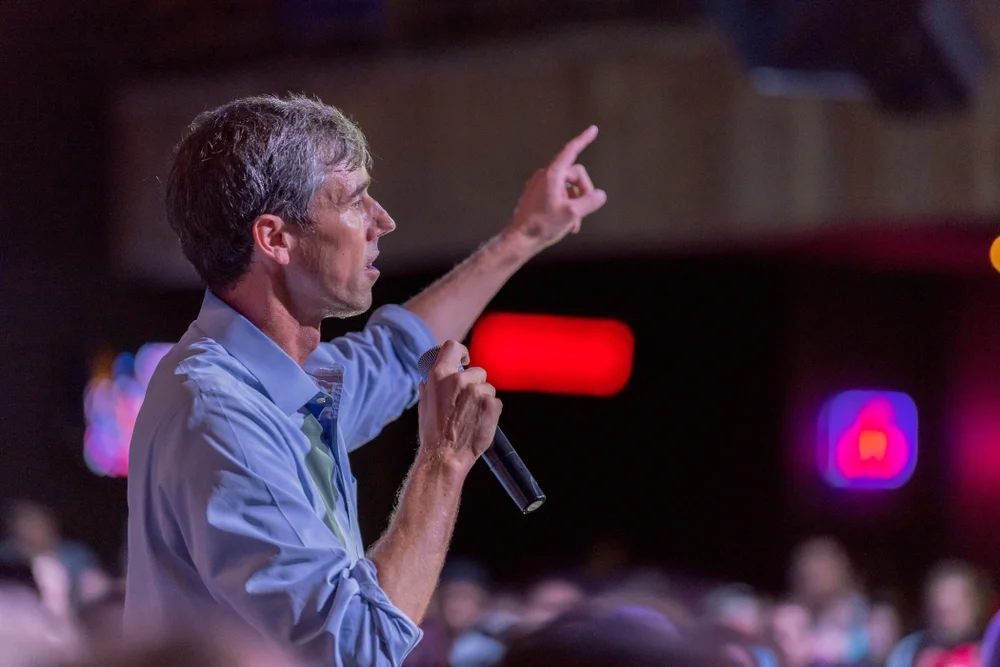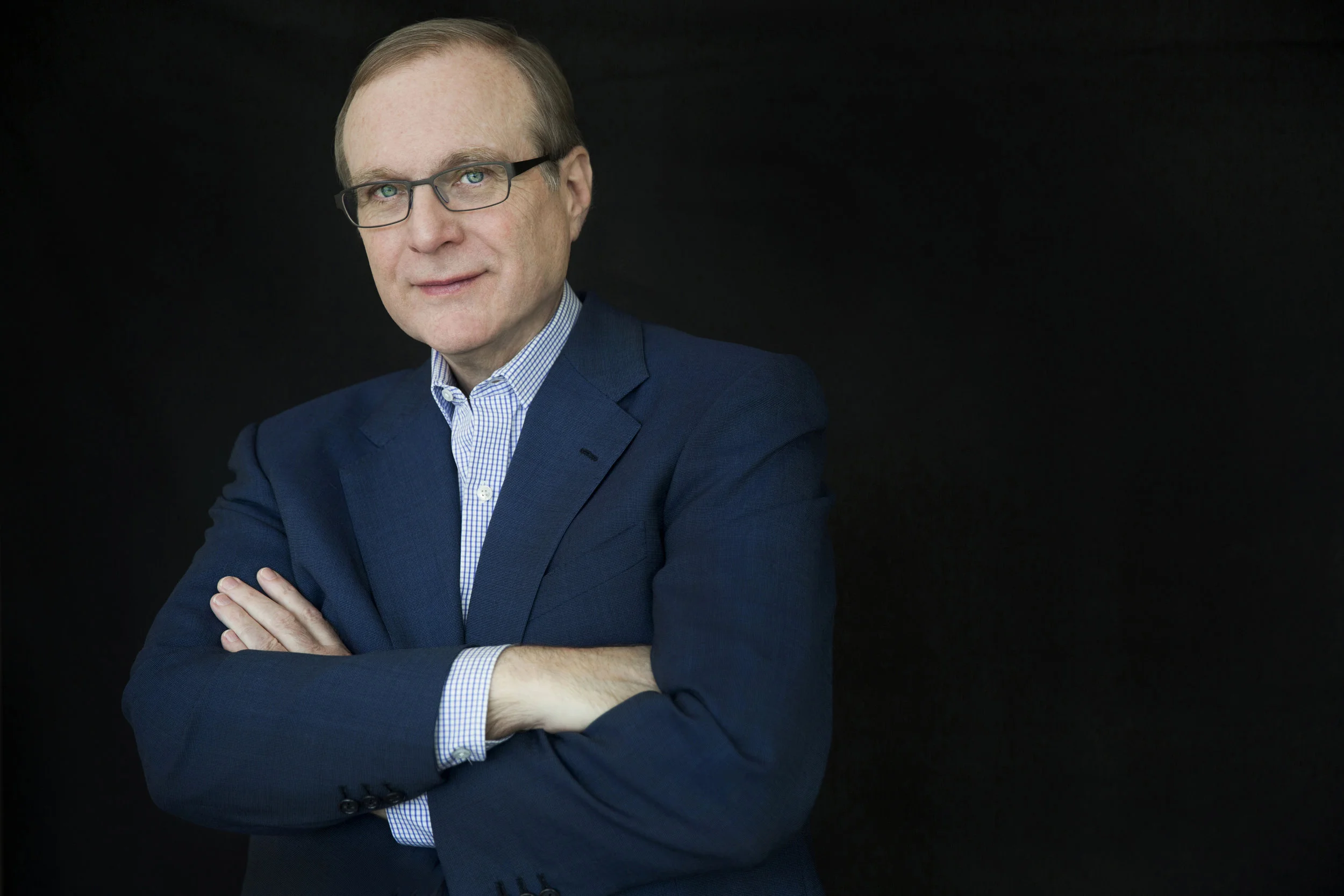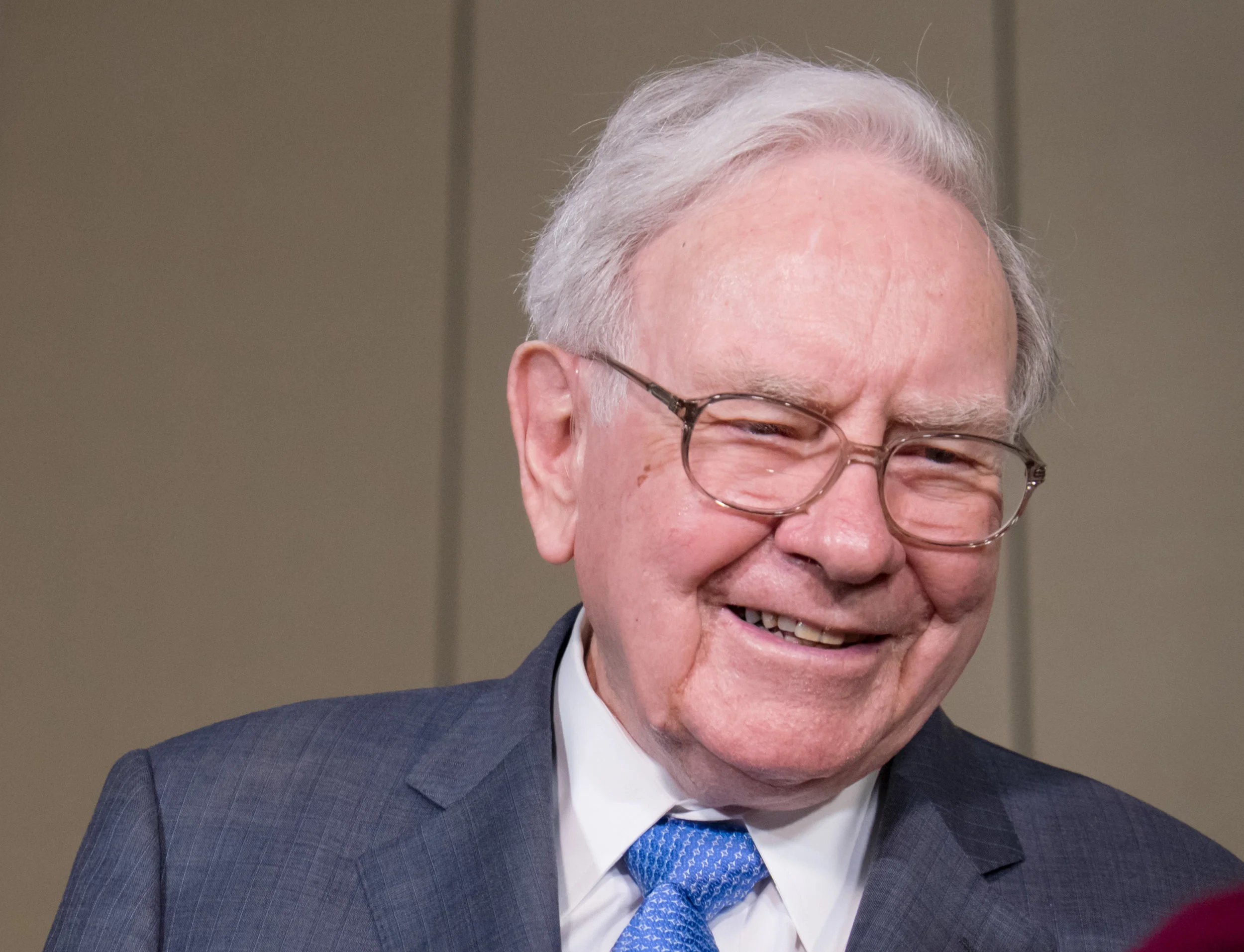Is Elite Change Really a "Charade?" What's Missing From a New Book That Bashes the Overclass
/photo: Drop of Light/shutterstock
It’s about time that someone came along and wrote a takedown of the corporate-friendly world of milquetoast social change efforts.
Anand Giridharadas’s much talked about book, Winners Take All: The Elite Charade of Changing the World, aims to be that takedown, and at one level, it’s a very satisfying read. Giridharadas taps an insider’s access to skewer a wealth elite that exists in a self-congratulatory bubble. While the hypocrisies he exposes are familiar, nobody else has written about them with such scathing brilliance.
But Winners Take All is also a frustrating book. It offers an incomplete look at America’s upper class and its role in social change. The books feels like a hit job in places, failing to wrestle with nuances that might weaken its polemical force.
The provocative subtitle of Winners Take All is a tip-off to the problems that lie inside. It’s just silly to imply that all elite efforts to change the world are a “charade.” Full stop. The real story—along with workings of the upper class itself—is much more complicated.
The Hypocrisy of “MarketWorld”
Winners Take All paints a brutal portrait of well-paid elites who talk more than ever about improving society—while presiding over a system of predatory capitalism that shafts a majority of Americans. In Giridharadas’s telling, the social change efforts of so-called “MarketWorlders” help keep things as they are by creating the illusion that today’s elites actually care about anyone other than themselves. The supposed good works of U.S. wealthy elites—whether in the form of philanthropy, social investing, or corporate responsibility—are basically a con job. This is “fake change” to improve “the image of the winners” and prop up a rapacious status quo that benefits the upper class at the exclusion of everyone else. Or so Giridharadas argues.
The book offers a revealing look at the moral compromises that come with life in the Acela Corridor and similar precincts. With one story after the other, Giridharadas suggests that the price of admission to today’s elite is that you keep your mouth shut about how fundamentally unjust American society really is.
That’s even true—maybe especially so—when hawking ideas for social change within MarketWorld. Got a tutoring program you want to scale up? Great! But don’t start talking about exclusionary zoning in places like Connecticut locking poor black kids out of good schools. Want to bolster the job prospects of young Latinos? Fantastic! But don’t imagine you’ll get very far touting a $15 minimum wage. In Giridharadas’s account, the do-gooders of MarketWorld aren’t interested in any kind of real systemic change—change that threatens their own way of life.
Who Gets Heard
There’s a truth in Winners Take All that will especially resonate with anyone who’s spent their career in the progressive policy world offering structural critiques of economic and political inequality. I can say from long experience that people with such views struggle to get invitations to places like the Aspen Institute or TED, and find it hard to snag coffee dates with major donors.
Giridharadas argues that MarketWorld elites prefer to hear the “easy idea” that reflects their own values and goes “down like gelato, an idea that gives hope while challenging nothing.” He talks to well-paid speakers who know that corporate podiums aren’t the place to talk about entrenched inequities—at least if they want to stay on the gravy train.
Sounding the alarm about compromised thought leaders, Giridharadas writes:
The question is whether a republic can thrive when ideas are thought of as an industry and the prevailing incentives so heavily favor bad product. Is this how we want ideas to be generated? And are the elites who embrace and sponsor such ideas the people we trust to arrange our future?
Definitely not! But the good news is that MarketWorld isn’t actually the sole arbiter of which thinkers win support and which ideas get traction in American life. What you don’t learn from Winners Take All is that there’s an entire universe of think tanks, academic centers and media outlets supported by foundations and wealthy progressives that do challenge the status quo—including today’s extreme form of capitalism.
To take one example: Millions of dollars have flowed in recent years for new scholarly research on inequality (more on that later). To take another: ProPublica raised nearly $30 million last year, funds that are supporting hard-hitting investigative journalism on a range of issues. Meanwhile, the venerable progressive muckraking magazine, Mother Jones, has been on fire lately, fueled by $20 million in gifts since 2016—including a recent $1 million donation from Craig Newmark, one of many new wealthy progressive donors who’ve appeared in recent years.
A Diverse Wealth Elite
Giridharadas’ incomplete picture of the world of ideas is symptomatic of his book’s larger flaw: The narrow frame it brings to understanding U.S. elites. Winners Take All does a great job of puncturing the hypocrisies of MarketWorld, but that world is just part of a larger ecosystem of wealthy and influential people and organizations—one that includes a wide spectrum of actors.
Some of these elites are serious bad guys. They back extremist ideas that stand at odds with core American values of democracy, opportunity and religious freedom. They want to dismantle much of the regulatory state and safety net created over the past century, along with key civil rights protections. They’re willing to fan social divisions, spread disinformation, suppress voting, and weaken core institutions of the Republic to get their way. Key figures here include the Koch, DeVos, and Mercer families, along with the late Richard Scaife.
This branch of the U.S. elite—let’s call it “RetroWorld”—now has more power than at any time in memory. In part, RetroWorld has achieved that power by expertly leveraging billions of dollars for influence—through campaign donations, lobbying, and strategic philanthropy. Giridharadas knows all about this extremist cabal of ideologues and plutocrats, since he writes at one point: “To be clear, that is the movement chiefly responsible for market supremacy’s takeover of America and the bleak prospects of millions of Americans.”
This is a centrally important truth about wealth and power in America today. But it’s buried on page 238 of a book that seems to pin most of the blame for an unjust status quo on MarketWorld.
MarketWorlders: The Bad and the Good
The elites of MarketWorld are quite different from those in RetroWorld. These folks are highly educated and embrace the values of democracy, tolerance and—in theory, anyway—equality of opportunity. But their fatal flaw, according to Giridharadas, is their role in designing or accepting an unjust system of predatory capitalism and structural inequality. Some are active defenders of the system; others are merely complicit, looking the other way out of expedience. Giridharadas invokes Upton Sinclair’s famous phrase that "It is difficult to get a man to understand something, when his salary depends upon his not understanding it!”
There’s a lot to this analysis. But by failing to clearly locate MarketWorlders on an elite spectrum in which they’re nowhere near the scariest bad guys, Giridharadas leaves out important context. What’s more, we don’t learn that many MarketWorlders are actively fighting RetroWorlders on some of the most important issues of our day.
Michael Bloomberg is a case in point. He is only mentioned once in Winners Take All. But he’s among the most prominent and influential leaders of MarketWorld who’s engaged in public life and philanthropy, tapping a $50 billion fortune. Last year alone, he gave away $700 million.
Are Bloomberg’s efforts to make change a “charade”? Well, to be sure, he’s not a critic of our unjust economic system, and on this score, shares a key moral failure of the winning class. But in other areas, Bloomberg is an incredibly important change agent—going head to head with RetroWorlders like the Kochs.
Bloomberg is one of the top donors and civic leaders fighting climate change, almost single-handedly bankrolling the Sierra Club’s big campaign to close coal-fired power plans and galvanizing a domestic and global movement to offset the Trump administration’s decision to pull out of the Paris Climate Agreement.
Bloomberg’s money and leadership is even more critical on gun control. He is the first mega-giver who’s come along with the resources and savvy to mount a serious challenge to the political muscle of the NRA, a flagship organization of RetroWorld, giving tens of millions of dollars to this push through his organization Everytown for Gun Safety. Bloomberg has given even more to fight Big Tobacco, contesting its dreams of addicting (and killing) millions of new customers in the Global South. Oh, and Bloomberg is pumping at least $80 million into the mid-term elections in a bid to stop RetroWorld’s recent forward march.
An odd thing about Winners Take All is that we hear many stories of everyday MarketWorlders who’ve sold their souls or are engaged in laughably cosmetic efforts to make social change. But we hear next to nothing about major figures from MarketWorld who are using their winnings to make the world a better place—for real.
Like Bloomberg, Warren Buffett only merits a single passing mention in Winners Take All. But no philanthropists have played a more important role in defending reproductive rights and advancing gender equality, both at home and abroad, than Buffett and his children, channeling billions to these causes.
The retired hedge fund billionaire, Tom Steyer, isn’t mentioned in Winners Take All—although he may be the most important political change agent to emerge from MarketWorld recently, putting up millions to fight climate change, activate young voters, elect progressive Democrats, and impeach Trump.
I could name a dozen other important donors from MarketWorld who have played critical roles in advancing liberal causes—but aren’t mentioned in this book. It’s true that most of them, like Buffett or Bloomberg, steer wide of challenging today’s extreme form of capitalism. But progress in other areas—like LGBTQ rights, a cause where wealthy donors have played a key role—very much counts as authentic change.
“Class Traitors”
A key claim of Winners Take All is that today’s self-interested elite care more their own financial gain than the common good. They’re cast as hoarders, who will only support forms of change that don’t threaten their wealth and position. The book also makes the familiar point about how the Democratic Party sold out to Wall Street and corporate America during the 1990s.
There’s enough truth to this story to keep most readers nodding their heads. Meanwhile, though, political scientists tell us that today’s elected Democrats as a whole are more left than at any time in decades. And one position that these leaders have rallied around for years is the need to raise taxes on the rich. Obama ran on this promise and did exactly that, hitting the wealthy not just with a hike on their income taxes, but also with a surcharge on the Medicare payroll tax paid by high earners to finance the Affordable Care Act. Donald Trump promised to repeal all these taxes and put more money in the pockets of millionaires—and lost precincts where the median income was over $250,000 by a remarkable 27-point margin.
Polls have long found that there are plenty of wealthy voters who favor raising taxes on themselves. There’s even an organization, the Patriotic Millionaires, that rallies wealthy people on tax justice issues. It describes itself as a group of “high-net-worth Americans, business leaders, and investors who are united in their concern about the destabilizing concentration of wealth and power in America.” A number of billionaires, including Warren Buffett, have been outspoken in defending both higher income taxes and the estate tax.
The fact that many wealthy people are willing to support higher taxes is intriguing. It suggests that some of these elites are, indeed, willing to make sacrifices to their own bottom line for the common good. It would have been interesting if Giridharadas had wrestled with the question of “what’s the matter with Connecticut?” He doesn’t.
Nor, in Winners Take All, do we meet those philanthropists in the far upper class who are underwriting challenges to inequality and extreme capitalism. These folks not only exist, they are growing in numbers and their efforts are making a difference.
One of the most important donors here is Herb Sandler, a former bank executive, who has poured tens of millions of dollars over the past 15 years into progressive groups. Among other things, the Sandler Foundation bankrolled the creation of the Center for Responsible Lending, the leading organization fighting predatory lending, and the Washington Center for Equitable Growth, which is backing new research on inequality with an eye toward shifting the national debate on this issue.
Sandler money has also supported the work of the Center for Equitable Growth at UC Berkeley, which produced some of the groundbreaking research on inequality that underpinned Thomas Piketty’s book, Capital in the 21st Century.
Nick Hanauer is another wealthy donor challenging inequality. An early investor in Amazon, he’s a firm believer in capitalism—but not the grotesque form of it that America has right now. Hanauer is a strong backer of the fight for a $15 minimum wage.
I could go on with a lot of other examples, including the scores of wealthy partners who do their giving through the Democracy Alliance, which describes itself as the “largest network of donors dedicated to building the progressive movement in the United States.”
****
Anand Giridharadas is a smart guy. I suspect he’s well aware that he could have written a more complete and nuanced look at U.S. wealth elites. I can also see the appeal of telling a simpler story about morally corrupt plutocrats in a noisy era where it’s hard to break through with any message.
Winners Take All is an important book. I hope lots of people read it and feel a greater sense of urgency about growing inequality.
But at a tactical level, it’s critical that anyone fighting today’s unjust status quo has a full understanding of the far upper class—and know that while many of these folks are part of the problem, some are allies who are part of the solution.


